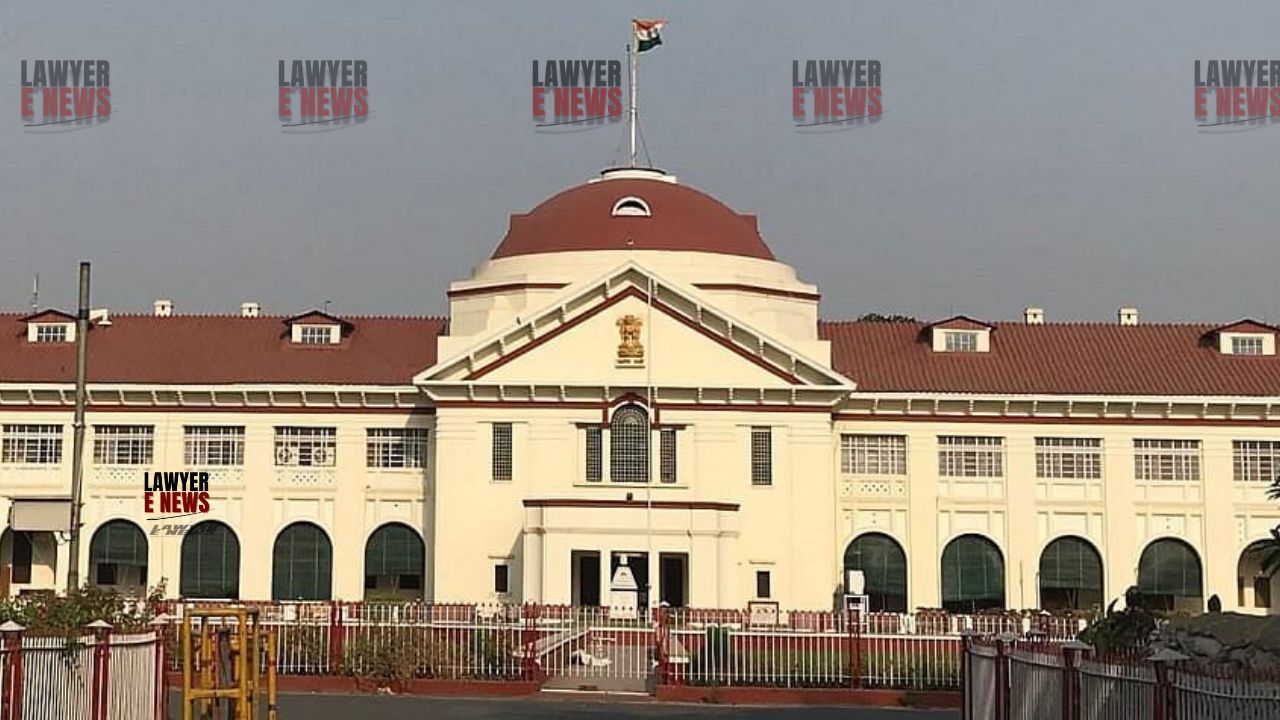-
by Admin
15 February 2026 5:35 AM



Patna High Court mandates conversion of writ petition to Civil Miscellaneous Petition, adhering to Supreme Court guidelines on Articles 226 and 227. The Patna High Court, in a significant decision, has ordered the conversion of a writ petition into a Civil Miscellaneous Petition, aligning with the Supreme Court's jurisprudence on the distinct scopes of Articles 226 and 227 of the Indian Constitution. The judgment, delivered by Honourable Mr. Justice Mohit Kumar Shah, underscores the inapplicability of writ jurisdiction under Article 226 to judicial orders from civil courts.
The writ petition was filed by Smt. Bimla Devi challenging an order dated June 22, 2013, passed by the Sub Judge in Vaishali, Hajipur, which denied her application to interrogate the respondent under Order 11 Rules 1 and 2 of the Civil Procedure Code (CPC). The petitioner sought to set aside this order, contending it affected her legal rights in the land acquisition case.
Judicial Orders and Writ Jurisdiction: The High Court highlighted that, according to the Supreme Court's ruling in Radhey Shyam v. Chhabi Nath (2015) 5 SCC 423, judicial orders of civil courts are not amenable to writ jurisdiction under Article 226. Instead, such orders can only be challenged through appeals, revisions, or under the supervisory jurisdiction of Article 227. The judgment read:
"Judicial orders of civil courts are not amenable to a writ of certiorari under Article 226. The jurisdiction under Article 227 is distinct from that under Article 226."
Differentiation between Articles 226 and 227: Justice Shah emphasized the clear distinction between the two articles: "Scope of Article 227 has been explained in several decisions including Waryam Singh v. Amarnath and Shalini Shyam Shetty v. Rajendra Shankar Patil. While appellate or revisional jurisdiction is regulated by statutes, the power of superintendence under Article 227 is constitutional."
The court extensively discussed the principles delineated by the Supreme Court regarding the non-availability of writs for challenging civil court orders. The verdict reiterates that control over civil courts is exercised through appellate, revisional, or supervisory powers, not through writ jurisdiction:
"Though the scope of Section 115 CPC has been curtailed by amendments, the jurisdiction under Article 227 remains unaffected. This does not imply an expansion of the High Court's superintendence power."
Justice Shah remarked, "In exercising its jurisdiction, the High Court must follow the regime of law. There is a growing trend of entertaining writ petitions in property disputes, which should be avoided unless there is an infraction of statute."
The decision to convert the writ petition into a Civil Miscellaneous Petition aligns with the Supreme Court's guidelines, reinforcing the separation of powers and the specific jurisdictional boundaries under Articles 226 and 227. This judgment is expected to streamline judicial processes and prevent the misuse of writ jurisdiction in civil matters, thus promoting judicial efficiency.
Date of Decision: May 8, 2024
Smt. Bimla Devi v. The State Of Bihar through Collector, Vaishali, Hajipur
